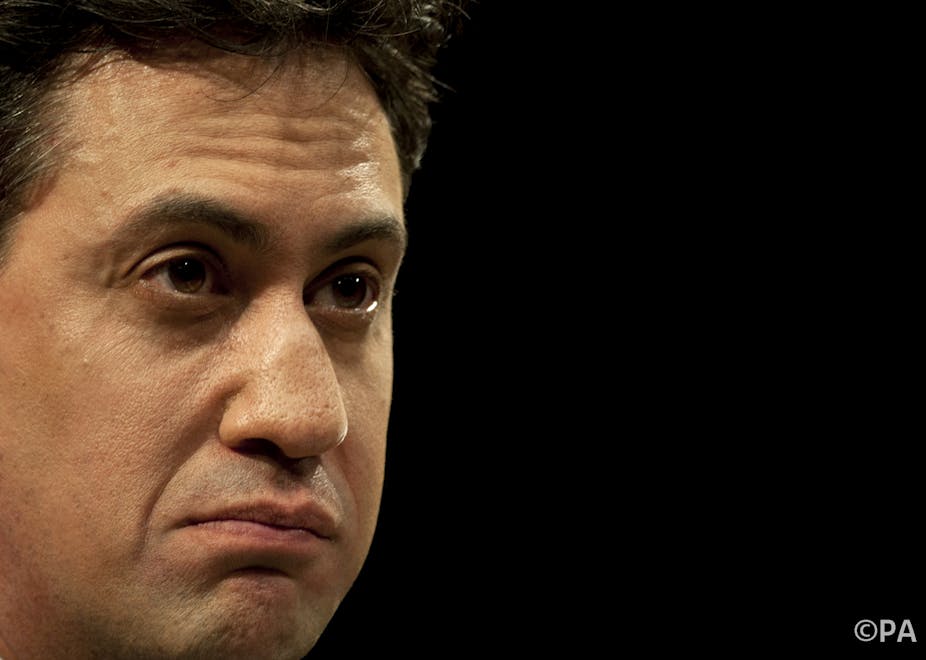A row between a Conservative peer and Labour leader Ed Miliband is once again throwing up some inconsistent thinking about tax avoidance.
Stanley Fink, the former treasurer of the Conservative party, and a party donor, has brazenly argued that “everyone does tax avoidance”. Miliband is having none of it, arguing that it says “something about the Conservative party” to have “dodgy donors” in its midst.
Fink has admitted engaging in what he calls “vanilla” or “bland” tax avoidance by transferring shares to family trusts in Switzerland – and Miliband’s criticisms will make intuitive sense to many people.
The case clearly didn’t involve particularly large sums of money and Fink had broken no laws. But he had done some juggling to enable his family to be better off in the long run. For many who don’t have the luxury of being able to pay accountants to advise them, that may well leave a nasty taste in the mouth. Miliband sensed an opportunity to make a bit of political capital.
But the Labour leader has, for some time, seemed more eager to talk about some cases and less about others. There is John Mills, for example – a man who donated £1.65m in shares to the Labour Party in 2013.
Chancellor George Osborne accused Miliband of double standards over the Mills case and Miliband responded by saying that Mills was simply donating the shares to give the party “a steady stream of income”. The party, he said, would of course pay tax, including on the dividends.
The Electoral Commission ruled the donation to be fine but that is not the point. Mills, the brother-in-law of former cabinet minister Tessa Jowell, let the cat out of the bag when he admitted the donation was crafted in such a way as to avoid having to make a big tax payment on it.
What’s good for the goose, is surely good for the gander, no? If Fink’s tax affairs should be abhorred, then why shouldn’t Ed’s?
Sniping without acting
The problem in both of these cases is that a judgement on a nimble-footed bit of accountancy often has a lot to do with who benefits. Accountants, after all, exist not just to make sure that financial affairs are in order, they often get paid good money to ensure that the person paying that money is not paying more tax than he or she has to.
Getting tax burdens down is one of their core tasks. And this inevitably leads us into a grey area. One person’s set of clever financial arrangements can often be another person’s morally and ethically inappropriate behaviour.

Our understanding of inappropriate behaviour will often be linked to the identity of the person whose behaviour we are talking about. There is no consensus whatsoever on when reducing your tax burden crosses the line into unethical behaviour.
To be clear, deliberate tax evasion is a different beast altogether. That’s the illegal evasion of taxes by individuals, corporations or trusts. Tax avoidance may be many different things to many different people, but ultimately it will always be legal.
Politicians shouldn’t spend their time waging battles within the Westminster “village” about who is more or less morally and ethically challenged when they could be working out how to get people and organisations paying the right amount of tax.
Expecting them to do it out of the goodness of their hearts is all well and good, but they are much more likely to pay their bills if they know that they have no choice but to do so. Fink, after all, has made it clear that he could have undertaken much more aggressive tax-reducing measures if he had been that way inclined.
This is an international problem and solving it will be difficult. Different states operate (at times vastly) different tax regimes and clever people find loopholes in even the most well thought-through legislation.
But that shouldn’t put politicians and policy wonks off; pointing the finger and tutting about things one doesn’t like is fine, but crafting laws that leave those with no choice but to “act appropriately” should be the ultimate aim.

